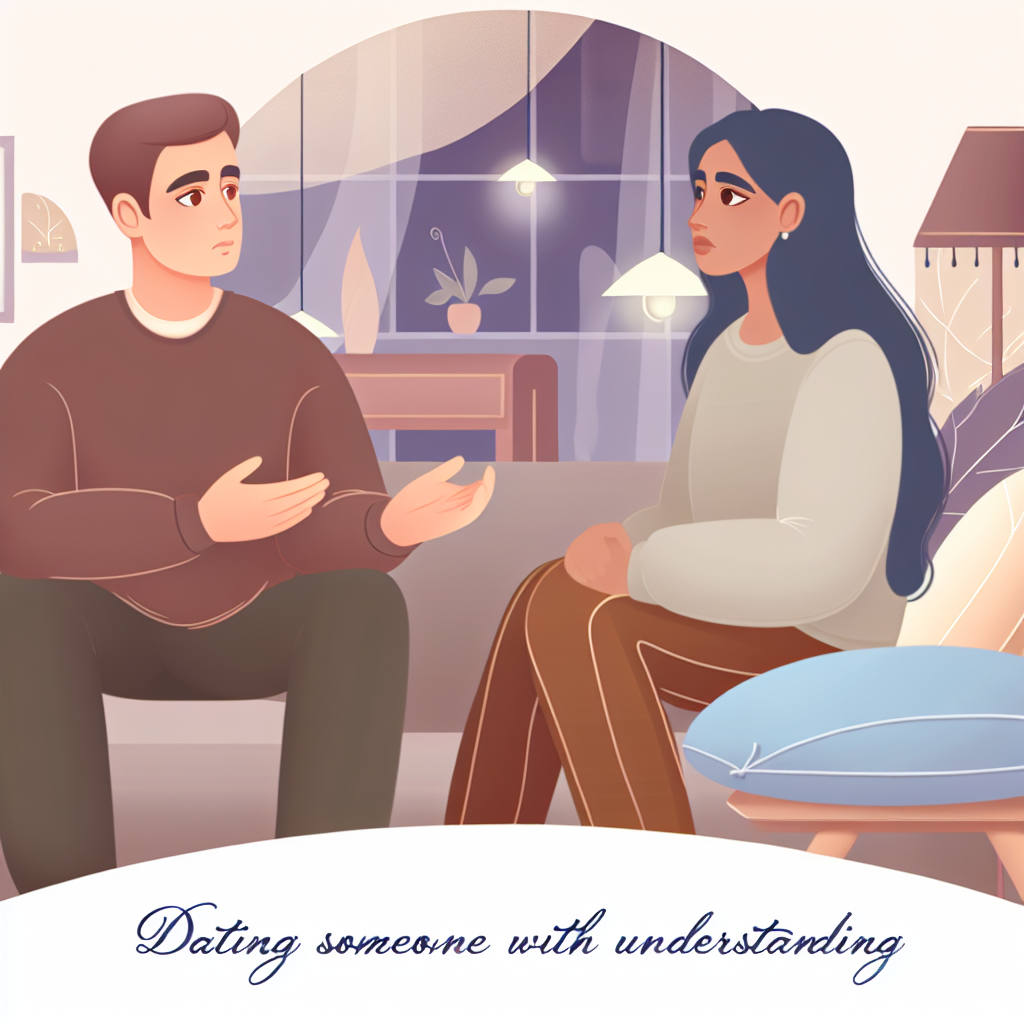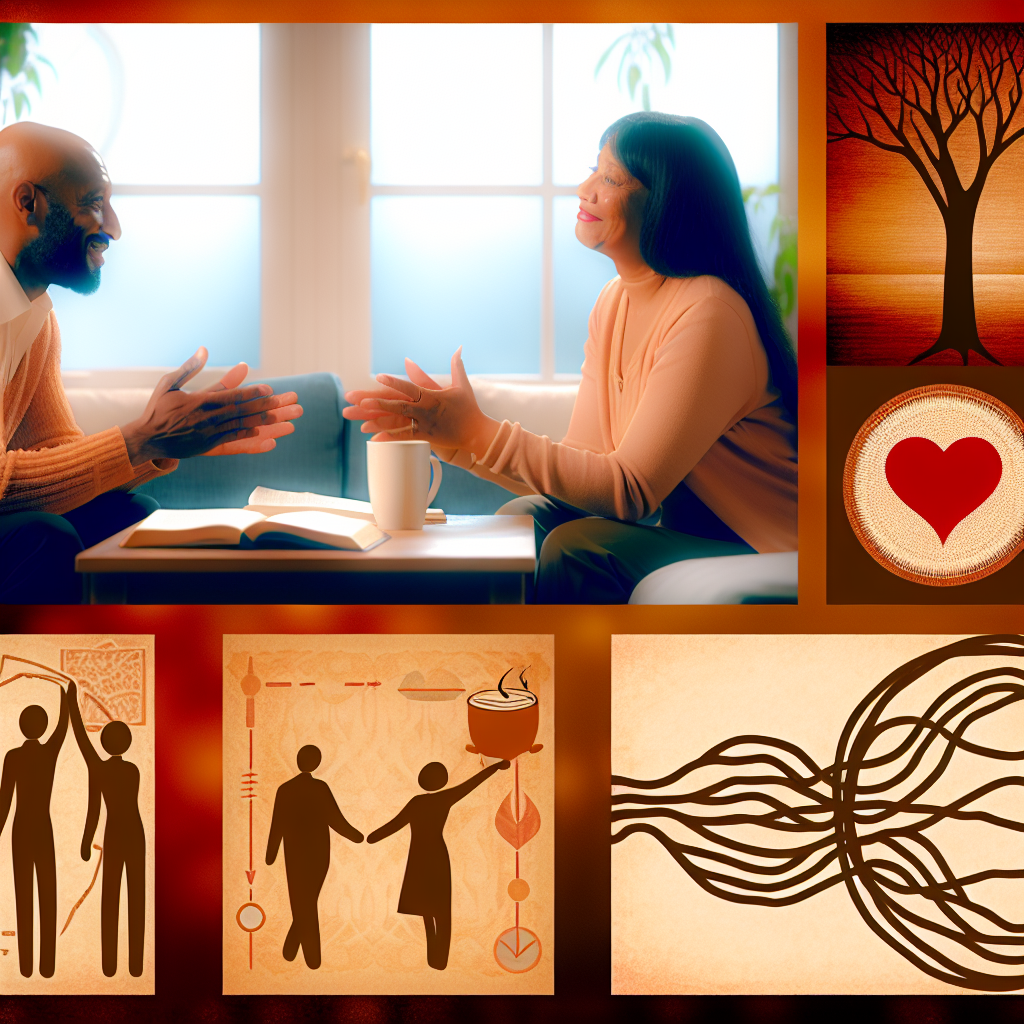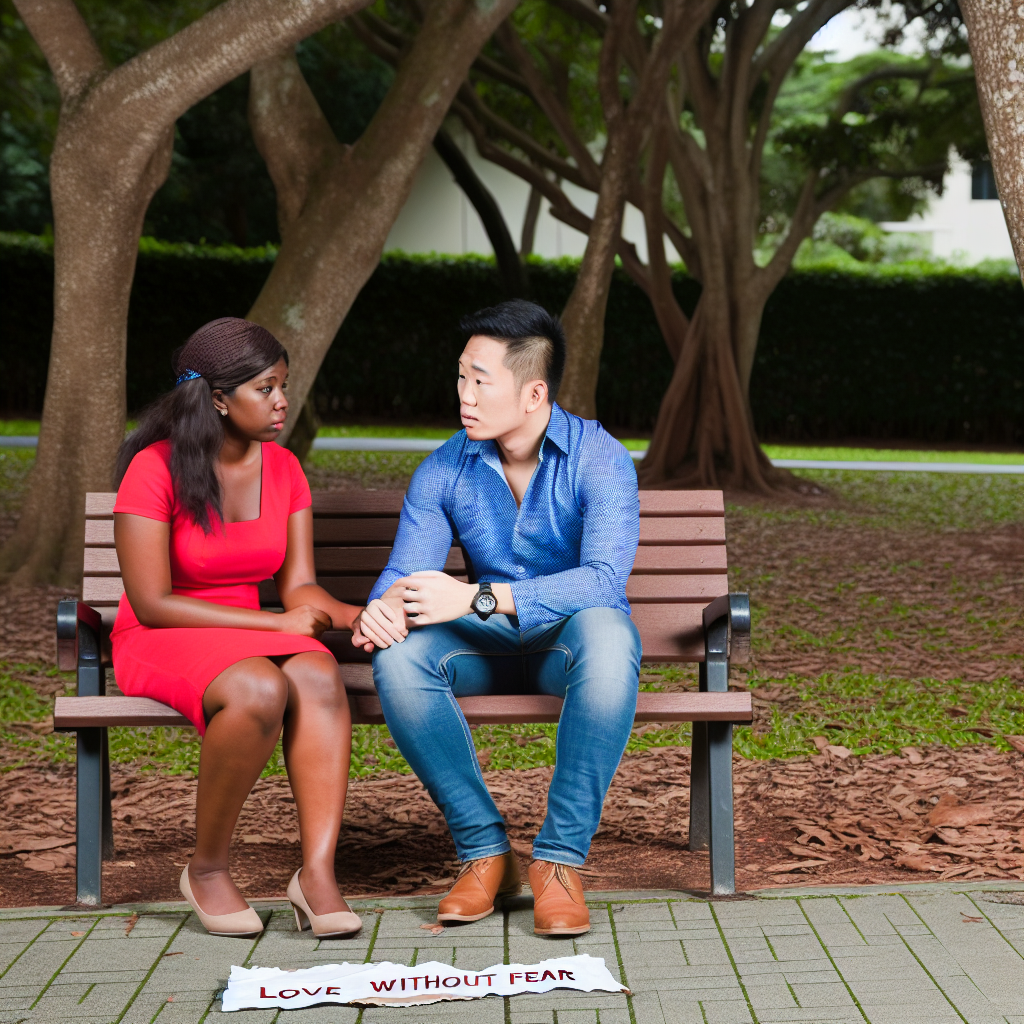Dating Someone With Anxiety: Support and Understanding
In today’s fast-paced, always-connected environment, anxiety has become one of the most common mental health concerns, affecting over 40 million adults in the United States alone, according to the Anxiety & Depression Association of America (ADAA). With anxiety disorders ranging from generalized anxiety to panic disorders and social anxiety, many singles in the dating scene—particularly those aged 18 to 80+—are either experiencing anxiety themselves or dating someone who does.
Dating can be both exhilarating and stressful, especially when one partner manages chronic anxiety. From first date jitters to maintaining long-term relationships, anxiety can influence communication, intimacy, and emotional availability. This doesn’t mean that dating someone with anxiety is destined to be more difficult, but it does require a level of understanding, patience, and emotional intelligence that fosters a safe space for connection and trust.
Understanding the Psychological Impact: What the Research Says
Understanding the scientific and psychological dimensions of anxiety in romantic relationships empowers partners to nurture more connected, supportive experiences. Anxiety disorders are not just occasional worry or stress. The Diagnostic and Statistical Manual of Mental Disorders, Fifth Edition (DSM-5), defines anxiety disorders as persistent and excessive fear or worry in situations that are not objectively threatening.
A 2014 study published in the Journal of Affective Disorders found that individuals with anxiety disorders are more likely to report relationship distress. The researchers noted that anxiety can lead to “hypervigilance to threat” and “interpersonal sensitivity,” making perceived slights or misunderstandings more emotionally charged than they might be for someone without anxiety. This underscores why emotionally attuned communication is vital in such relationships.
Moreover, a study from the University of Waterloo in 2016 explored how people with anxiety often experience “relationship-specific repetitive negative thinking,” such as consistently fearing that a partner will leave them or doesn’t truly care. Their findings suggest that reassurance, paired with consistent actions, plays a meaningful role in easing a partner’s fears—but not to the point of enabling unhelpful behavior.
From a neurological standpoint, chronic anxiety is linked to heightened activity in the amygdala, the brain’s fear center (as detailed in an article published by Harvard Health Publishing). This heightened reactivity can cause a partner to become easily overwhelmed emotionally, especially in romantic contexts that require vulnerability.
Therapists and relationship experts often stress the value of secure attachment. According to clinical psychologist Dr. Sue Johnson, creator of Emotionally Focused Therapy (EFT), anxiety often results in attachment insecurities that cause a partner to crave closeness one moment and push away the next. Understanding attachment theory can help couples navigate these emotional patterns.
The good news? Studies consistently show that with the right partner support, people living with anxiety can experience significantly improved mental health and relationship satisfaction. Support doesn’t have to mean fixing the problem—sometimes it simply means being there, validating feelings, and encouraging professional help if needed.
7 Powerful Ways to Support a Partner Living With Anxiety
Here are practical ways to actively support and nurture your partner if they live with anxiety:
1. Practice Active Listening – Let your partner express how they feel without immediately trying to fix it. Ask open-ended questions and offer nonjudgmental responses.
2. Establish Open Communication – Create space for honest discussions. Check in regularly to understand how they’re feeling emotionally and what support looks like to them.
3. Avoid Minimizing Their Feelings – Phrases like “Just relax” or “You’re overreacting” can be damaging. Instead, acknowledge their experience: “I see this is really tough for you. How can I help?”
4. Learn Their Triggers – Every person has unique anxiety triggers. Whether it’s crowds, deadlines, or miscommunication, knowing what causes distress allows you to respond supportively.
5. Maintain Boundaries – Supporting your partner doesn’t mean losing yourself. Respect both your limits and theirs to maintain a healthy, balanced relationship.
6. Encourage Professional Support – Anxiety is a medical condition. While emotional support is vital, therapy and sometimes medication play a critical role in managing symptoms.
7. Celebrate Progress, Not Perfection – A partner managing anxiety may not overcome it entirely, but they can grow, adapt, and make tremendous progress. Celebrate the steps they take.
Conclusion: Choose Compassion Over Perfection
Dating someone with anxiety doesn’t require grand gestures or becoming a therapist. The real magic is in the everyday empathy, the effort to understand their inner world, and the ability to hold space when things feel overwhelming. Through compassionate communication and consistent support, partners can become anchors in the storm—offering love not as a cure, but as a powerful companion on the healing journey.
Remember, emotional safety, mutual respect, and shared growth form the foundation of every fulfilling relationship, anxiety or not.
References
1. Anxiety & Depression Association of America (ADAA). “Anxiety Disorders.”
2. Harvard Health Publishing. “Anxiety and the brain.”
4. American Psychological Association. “Emotionally Focused Therapy.”
5. Journal of Affective Disorders. “Anxiety disorders and interpersonal functioning.”
Concise Summary:
Navigating a romantic relationship with a partner who experiences anxiety can present unique challenges, but with empathy, understanding, and practical support, couples can build a fulfilling, resilient connection. This article explores the psychological impact of anxiety on relationships, drawing insights from research, and offers seven powerful strategies to foster a compassionate, safe space for both partners to thrive.

Dominic E. is a passionate filmmaker navigating the exciting intersection of art and science. By day, he delves into the complexities of the human body as a full-time medical writer, meticulously translating intricate medical concepts into accessible and engaging narratives. By night, he explores the boundless realm of cinematic storytelling, crafting narratives that evoke emotion and challenge perspectives. Film Student and Full-time Medical Writer for ContentVendor.com




